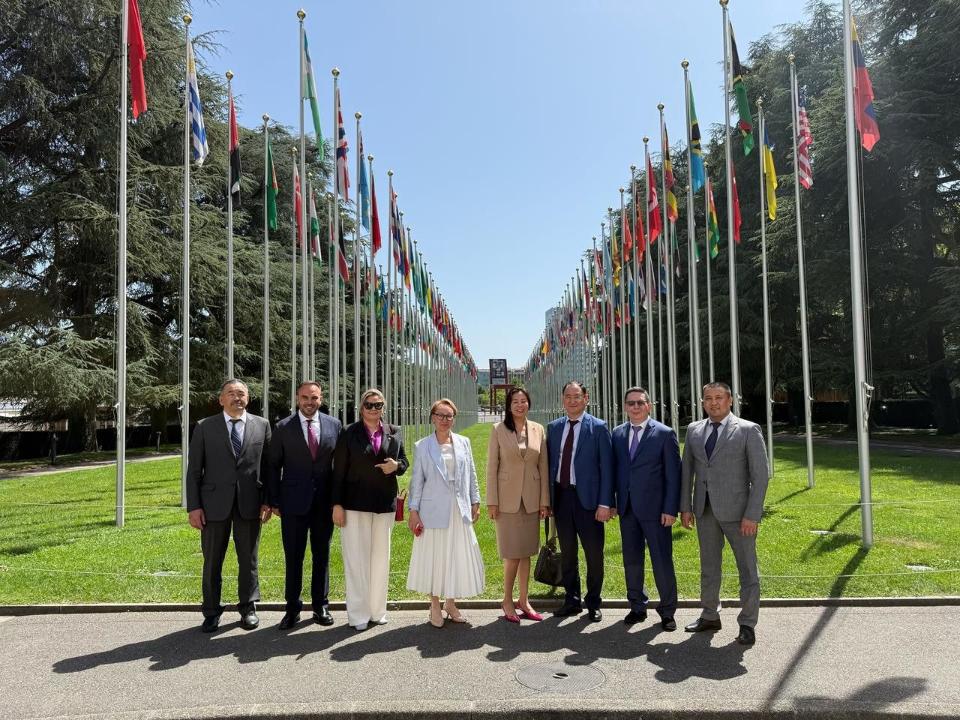By Fatima Kemelova Saniya Sakenova
ASTANA – International experts have commended Kazakhstan’s efforts in human rights following the country’s presentation of its third periodic report on implementing its obligations under the International Covenant on Civil and Political Rights (ICCPR), delivered by Vice Minister of Justice Botagoz Zhaxelekova at the 144th session of the UN Human Rights Committee on June 25 in Geneva.
According to Kazakhstan’s Permanent Mission to the UN Office and other international organizations in Geneva, Zhaxelekova highlighted several key reforms, including simplifying the registration procedure for political parties, introducing a 30% quota for women, youth, and persons with disabilities in elected bodies, and expanding the powers and independence of the Ombudsperson.
Other key reforms she outlined are adopting a law on peaceful assemblies, establishing the institution of petitions, tightening penalties for domestic violence, and enhancing measures to combat torture and human trafficking.
Committee members raised a wide range of issues. They focused on how Kazakhstan is ensuring the practical implementation of the Covenant’s provisions within the judicial system, prospects for enhancing the Ombudsperson’s status, and the independence of the national preventive mechanism.
The issues were related to improving transparency and access to anti-corruption information, as well as guaranteeing equal access to medical services, including reproductive health.
Members also discussed efforts to combat discrimination based on disability and ethnicity and to boost women’s representation in leadership roles within government.
During this interactive dialogue, the Kazakh delegation provided detailed answers, emphasizing the close cooperation between government agencies and civil society in ensuring effective implementation of the ICCPR.
Experts particularly praised the abolition of the death penalty, the reinforcement of the Ombudsperson institution and the national preventive mechanism, the promotion of gender equality, and steps taken to enhance judicial independence.
